5 Ways Your Medication Could Get You Flagged by TSA
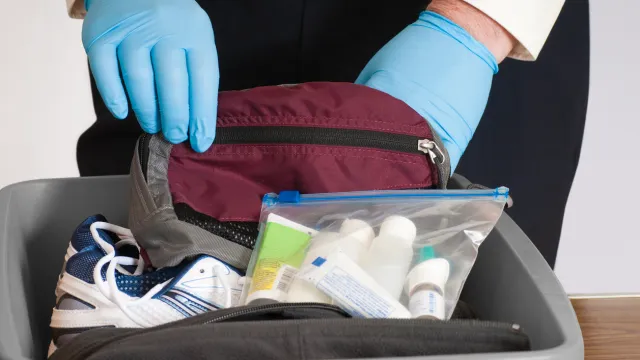
Live lobsters. “Biological specimens.” Yes, you can bring a lot of weird stuff through a Transportation Security Administration (TSA) checkpoint at the airport. But you still might run into an issue with an otherwise everyday item: medication. While it’s totally legal to bring prescription medication through security, if you don’t adhere to certain guidelines, you could end up getting flagged—and spending more time than you can afford to have your bags checked. To keep things running smoothly, we spoke to a travel expert about the top ways your medication could get you flagged by TSA. Read on for tips on how to avoid these holdups.
READ THIS NEXT: 7 Clothing Items to Never Wear Through Airport Security, Experts Say.
1
Your medication isn’t in its original bottle.
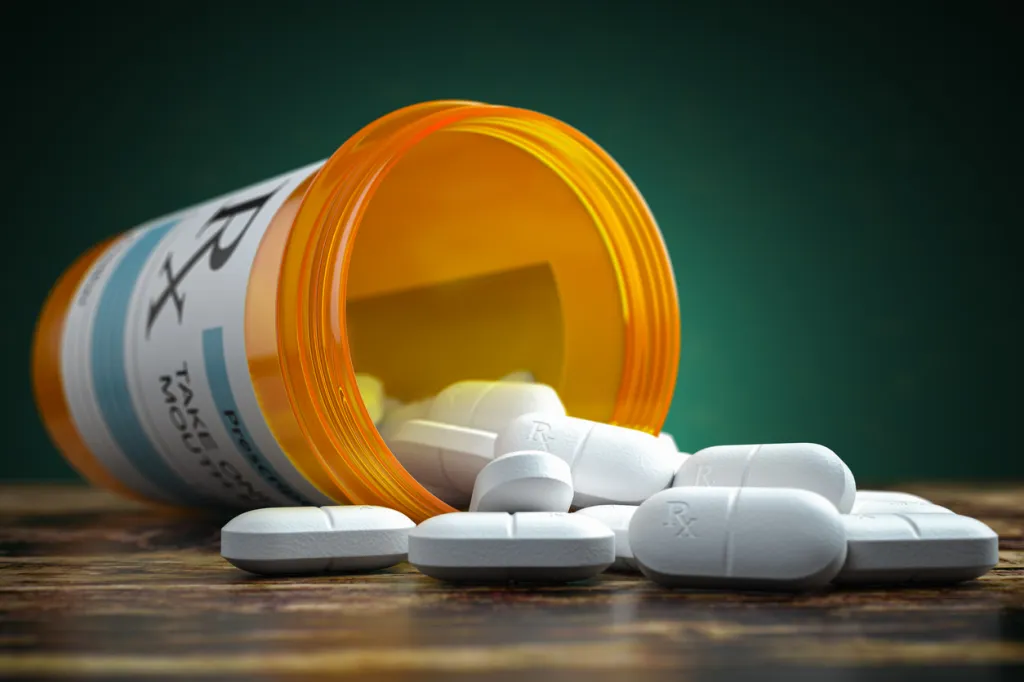
You technically don’t need to keep medication in its original container to travel with it, according to St. Jude Children’s Research Hospital. That said, if you keep your pills in the bottle they came in, replete with labels provided by a pharmacist—especially if they’re a controlled substance—you’re less like to face a round of additional questioning.
You might think about sidestepping any issues at the TSA line by tossing your medicine in a checked bag, but Cheryl Nelson, a certified lifestyle and travel preparedness expert and founder of Prepare with Cher, says that’s a bad idea. In the event of a lost bag, the last thing you want is to be separated from your medication for an extended period of time—particularly while you’re away from home.
2
You don’t declare your liquids.
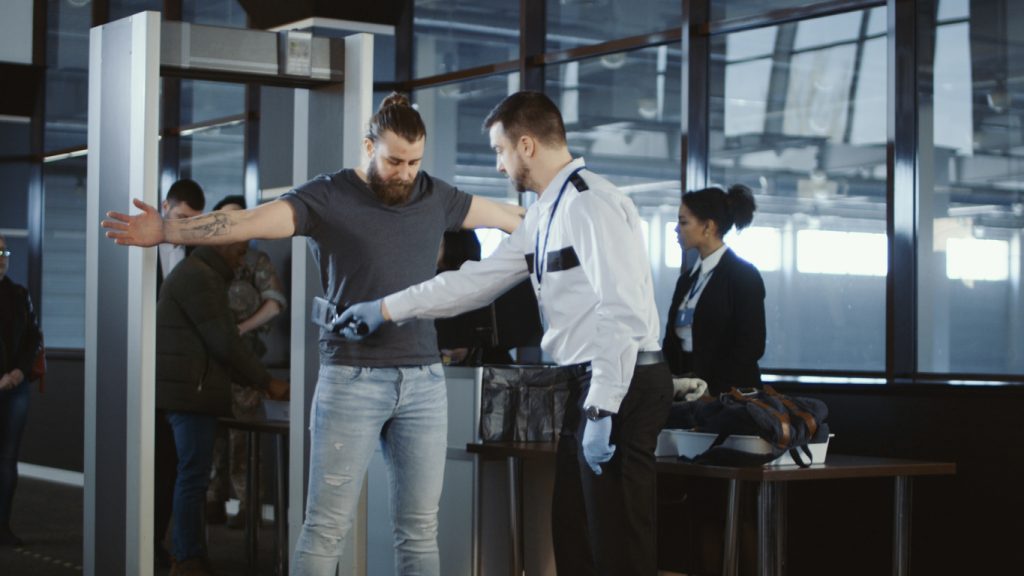
You can run some items—including medical equipment—through an x-ray machine. “If you allow your medication to be x-rayed, this will be quicker than asking for a visual inspection,” Nelson says. Pills, tablets, or capsule prescriptions can also go on the belt in your bag.
But if you’re traveling with certain types of medication, you’ll want to tell a TSA agent before going through the checkpoint. “Liquids are especially important to declare,” Nelson says. “If you are taking liquid medication, such as IV antibiotics or bags of saline above the 3.4-ounce limit, always declare your medications and medical supplies to TSA agents.”
For more travel advice delivered straight to your inbox, sign up for our daily newsletter.
3
You don’t have a doctor’s note.

If you do get stopped by a TSA agent for the medication in your bag, the fastest way to speed up a screening is to flash your prescription. But you may not always have your script on you—or even know where it is. Luckily, there’s an easy solution: “Carry a doctor’s note,” Nelson says. “The more documentation you can provide, the smoother the process will be.”
4
You brought a surplus.
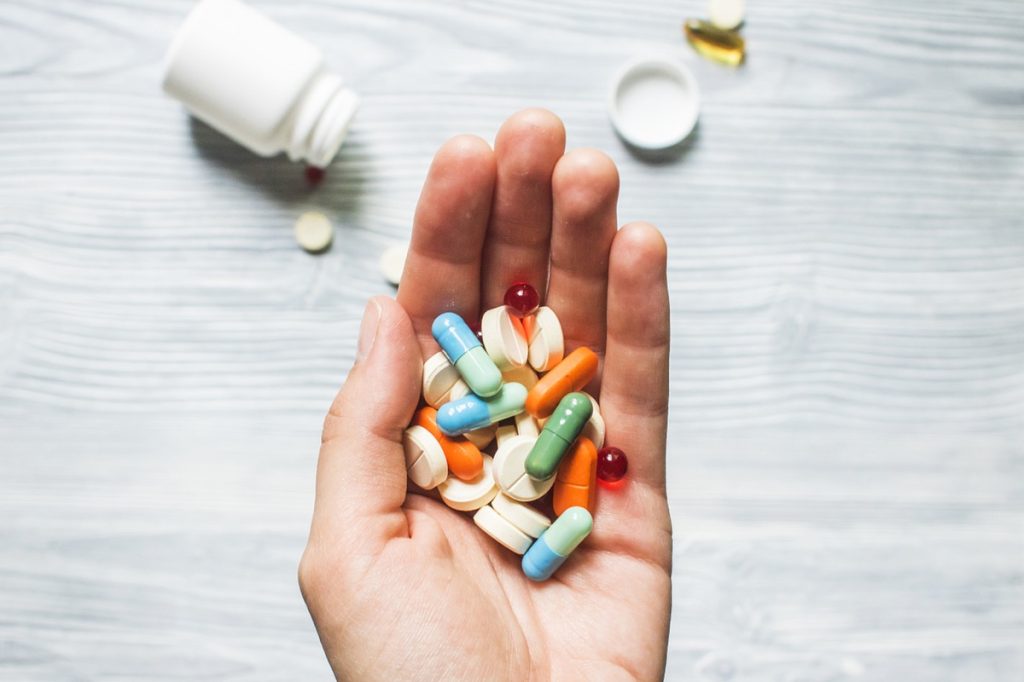
It’s natural to over-prepare when traveling, an impulse that extends to your medication. But you’re best off limiting yourself to what you need, plus a bit for contingencies.
“As a rule of thumb, bring no more than 90 days of medication,” Nelson says. This is especially true for those traveling abroad; tourist visas to popular countries expire after 90 days, so unless you’re planning on moving or temporarily working there, you probably don’t need more than that.
While there aren’t a ton of limitations on what you can bring (so long as it’s legal), the TSA enforces a 3.4-ounce limit on liquids. Here’s a full list of the medication and medical equipment that’s allowed through a TSA checkpoint, and the various size limitations (if applicable) for those items.
READ THIS NEXT: TSA Issues New Alert on What You Can’t Carry Through Security.
5
You don’t check international regulations.
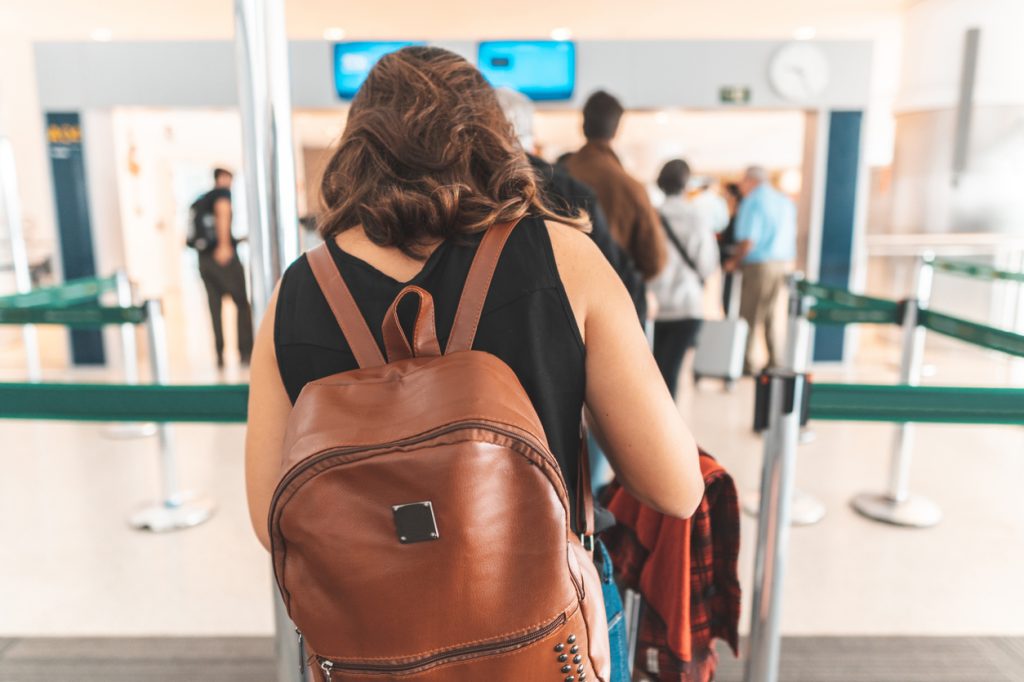
“If [you’re] traveling internationally, know that different countries have different rules, especially if you are traveling with controlled substances,” Nelson says. “When traveling to a foreign country, it’s always better to be over-prepared than under-prepared.” In addition to reading up on a country’s guidelines, she recommends getting your doctor’s translated.